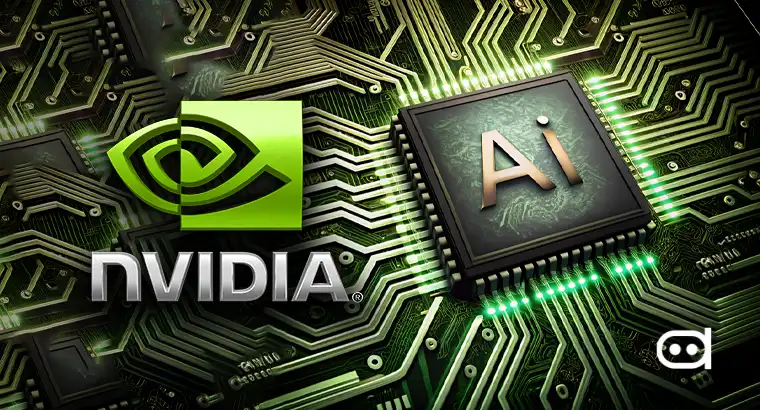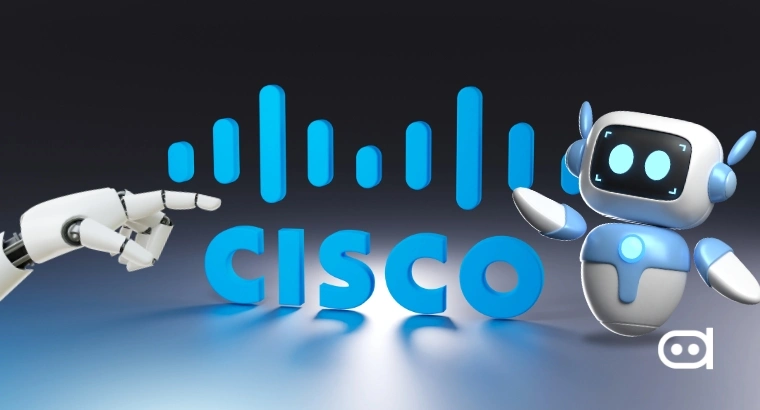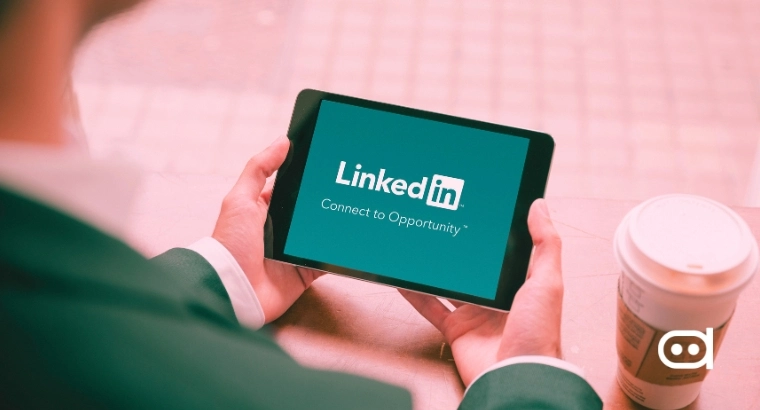
More recently, the Federal Trade Commission (FTC) has expressed concern over decisions made by Snap, Inc., creators of the app Snapchat. The statement was more aimed at some concerns that regard the user privacy and how the company treats the data. This comes at a time when snapchat has been posting constant updates of changes like the recent launch of “My AI”, an artificial intelligence chatbot. These developments show that technology integration, innovation, and regulation have become intertwined moving into the future.
The FTC’s announcement centers on allegations that Snap failed to warrantably facilitate the protection of users’ information, especially regarding prior privacy commitments. According to the commission, Snap had proven to handle users’ sensitive information in a wrong way and that was why the agency deemed it important to intervene and force compliance with privacy regulation. This case captures the overall mandate of the FTC of putting pressure on technology firms regarding their data conduct as the use of the internet intensifies.
One of Snapchat’s recent additions, ‘My AI,’ which was launched in the last few months, can be seen as a bold attempt at integrating artificial intelligence into social media. With OpenAI’s GPT technology it is possible to create this chatbot AI through which users can talk to a digital assistant which is capable of answering questions and offering recommendations. It is open to all the Snapchat members, whether one is using the basic application or the paid one. The purpose of this feature is to enrich the experience overall for the users of the platform as well as offering unique approaches for people to interact with the system.
However, there are some criticisms already noted regarding the use of ‘My AI’ on Snapchat. Some of the issues raised by people include how the system handles the users’ interactions and what becomes of the information collected from these interactions. It explains in the Snapchat support page that measures have been taken to enhance user privacy by limiting the storage and use of conversational data. Further, the users can choose their chatbot’s name and looks which may give the user a feeling of control over the chat. However, there are still some concerns about what can happen when such a social network is based on artificial intelligence and is mostly targeting young people.
The issue with the FTC’s monitoring of Snap’s data handling paints the picture of how challenging it is for technology industries as they work on developing innovations. In the recent statement, the commission pointed out how transparency and adherence to existing privacy agreements remain paramount especially for startups such as Snapchat advertising new developments in artificial intelligence. Such attention is not only drawn to Snapchat only, but it exhibits the existing situation where the regulators around the world are facing the challenge to address the impact of AI and such other data-driven technologies.
The recent feature “My AI” on Snapchat has received mixed reactions from the users. On one hand, it offers the excitement of the new and the more open and engaging and dynamic interactions offered by this media. However, at the same time, it raises awareness of the need for ethicist use of AI technologies in tech enterprises. Nonetheless, there are issues involving possible misuse of ‘My AI’ or other unforeseen consequences that can still be viewed as not being fully mitigated by these efforts despite the fact that Snapchat has tried to raise users’ awareness about ‘My AI’ and provide them with means to control it.
The recent announcement of FTC and the integration of the AI technology by Snapchat present s the continuing discourse on the interconnection between technology, user trust and regulatory oversight. As it is increasingly becoming regular to encounter some of the AI features in our lives, issues of regulation and accountability are becoming more urgent. In Snap’s case, achieving an optimal rate of advancement while not compromising its responsibility to its users will be of paramount importance especially if it has to maneuver through the complex legal frameworks.
Moving through the plot of this story it also serves as a kind of a beacon pointing at the dual impact of technological advancement. Innovations like “My AI” present opportunities for revolutionizing how users and the world engages with technology but equally imposes a future for stakeholders to deliberate on the ethical, legal, and social impact of such technologies. In the following months, communication between Snap, regulatory authorities, and users about the future of AI-based features in social networks will likely continue.
Latest Stories:
Cisco Launches AI Defense Solution to Combat Emerging AI Security Threats
Microsoft Prepares for EU AI Act Implementation, Supports Customers in Compliance
Meiji Yasuda Partners with Accenture in Landmark AI transformation Deal





